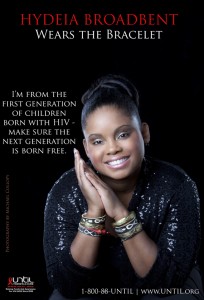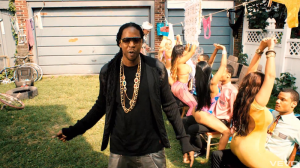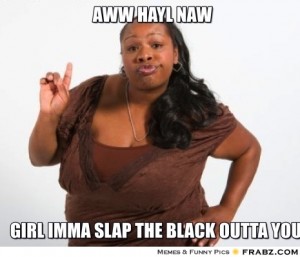In Mel Y. Chen’s book “Animacies”, she talks about biopolitics and it brought my attention to how certain kinds of diseases are associated with certain types of bodies in different spaces. The first diseases that came to my mind were aids and cancer.
I did some research on HIV/AIDS and cancer awareness videos and I noticed what kind of bodies they used in their commercials and how the world perceives certain diseases.. Looking at HIV/AIDS awareness videos I noticed the presence of black people and how crucial their presence is in such a commercial. When I look at cancer ads or most ads on YouTube and TV, the white body is very prominent. One has to search hard to find an ad of for example, detergent or cars, with black people but search “HIV/AIDS awareness videos” and you will never fail.
The first thing th at comes to mind when I hear the word cancer is the notion of it on a white female body. In Sierra Leone, cancer is considered a “white” disease and the awareness of it in West Africa is very limited from my experience. A big problem with the places I come from is that they are very unaware of different kinds of diseases and mental illnesses. In 2010 I visited my very small village in Sierra Leone and I remember some of the residents had told me that there was a w
at comes to mind when I hear the word cancer is the notion of it on a white female body. In Sierra Leone, cancer is considered a “white” disease and the awareness of it in West Africa is very limited from my experience. A big problem with the places I come from is that they are very unaware of different kinds of diseases and mental illnesses. In 2010 I visited my very small village in Sierra Leone and I remember some of the residents had told me that there was a w
oman in the village that took a bath in the stream and a demon had possessed her. When I asked how they knew she was demon possessed, they described her behaviour and it was apparent she had epilepsy or something of the sort. I also remember a woman in a salon in Nigeria describing a young child as a snake when he could’ve been in a vegetative state.
Mental illnesses such as depression and anxiety are considered “white” diseases and is very much dismissed as a possession or something that can be easily cured with some words of encouragement. It is something that needs to be of great importance in these type of countries because it puts people with these type of illnesses at an extreme disadvantage.
 en with Amber Rose.
en with Amber Rose.
